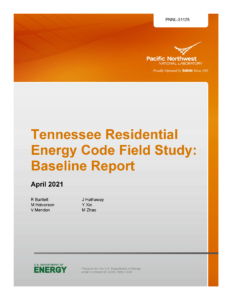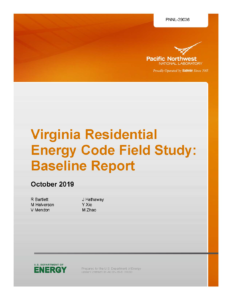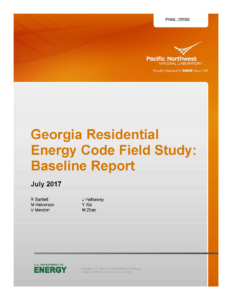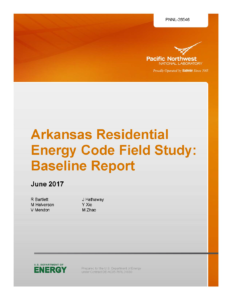Built Environment Research and Reports
Virginia Energy Codes Circuit Rider
December 2022
Following the success of our Florida Energy Code Circuit Rider program, SEEA replicated the project in Virginia with our partner Viridiant. In October 2019, SEEA and Viridiant completed a local Residential Energy Code Field Study and identified a need for training and technical assistance. This report details the methodology, findings and next steps for an Energy Code Circuit Rider program in the Commonwealth of Virginia.
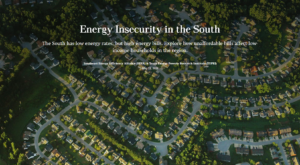
Energy Insecurity in the South
May 2021
In partnership with the Texas Poverty Research Institute (TEPRI), SEEA created the Energy Insecurity in the South StoryMap. The site illustrates how the interconnected issues of historical racist housing policy and inefficient buildings have resulted in high energy burdens across the South. This research also points towards potential energy savings in the region and how policy can support healthier, more comfortable homes for all people.
Tennessee Residential Energy Code Field Study: Baseline Report
April 2021
Energy Insecurity Fundamentals for the Southeast
February 2021
The Southeast has the lowest electric rates in the contiguous United States, yet millions of Southerners struggle to make their monthly electric and gas payments. These households live in a state of energy insecurity. Rooted in historical racial and economic inequities, addressing the region’s energy insecurity crisis requires accurately identifying those most vulnerable to utility cost burdens and applying common metrics to support effective policies and programs.



State of the Panhandle
A Snapshot of Energy Codes in the Florida Panhandle
January 2020
This report provides an assessment of building code compliance in the Florida Panhandle and the continued work of the Florida Circuit Rider program, which began in 2014. It further examines the future of energy codes in the panhandle region of the state, particularly in the wake of rebuilding after Hurricane Michael.
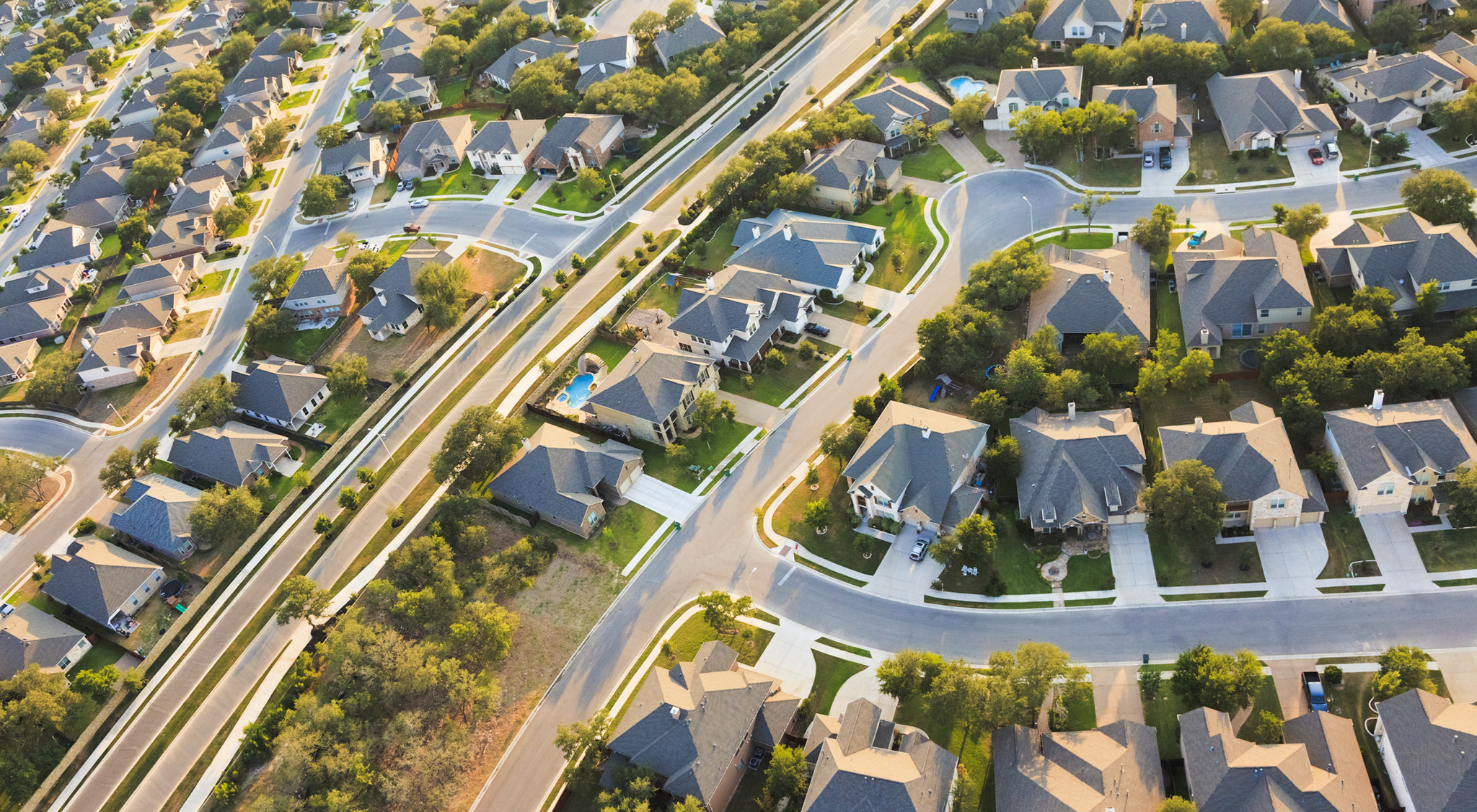


Adapting to the 2018 North Carolina Energy Conservation Code
Lessons from the Home Energy Rating System (HERS) Index
January 2020
The Home Energy Rating System (HERS), administered by the Residential Energy Services Network (RESNET), is one of the most popular methods for measuring the energy performance of new and existing homes. This report analyzes data shared by RESNET on the energy performance of HERS-rated homes in North Carolina to gauge how prepared the state’s construction industry is to comply with the updated standards in the 2018 North Carolina Energy Conservation Code (NCECC). This data also shows which key energy efficiency features builders will likely use to meet the new performance pathway in the state’s code.
Virginia Residential Energy Code Field Study: Baseline Report
October 2019
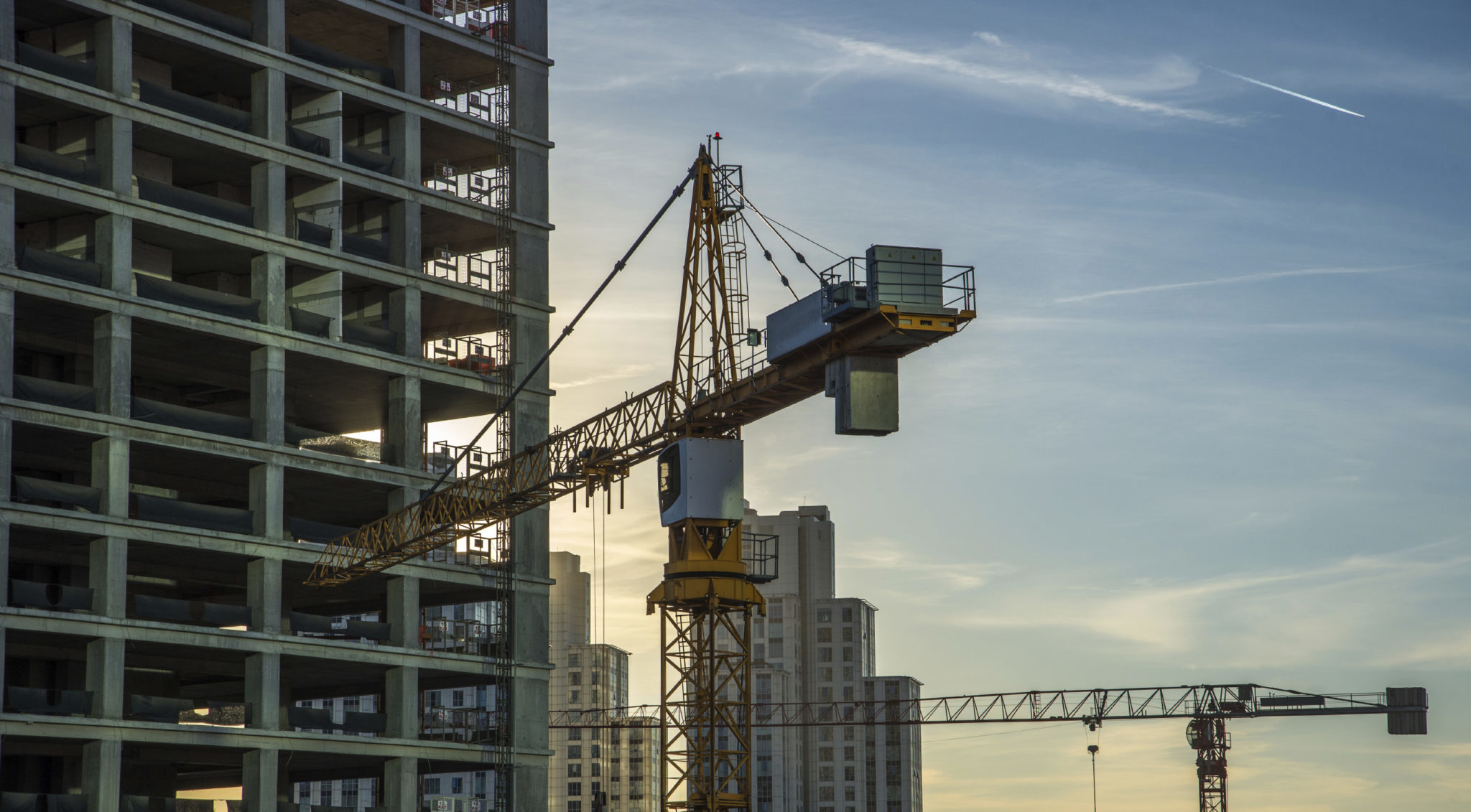


Construction, Codes and Commerce: Commercial Construction Data Review
July 2019
This report examines ten years of commercial building permit data (2007-2017) to shed light on the relationship between the adoption of updated commercial building energy codes and construction activity in the Southeast. There are persistent misconceptions that updating building energy codes depresses construction activity, but our analysis shows that a majority of states throughout the region that have adopted new commercial energy codes have seen an increase in commercial construction activity.



Florida Energy Codes Circuit Rider
April 2019
SEEA’s Florida Energy Code Circuit Rider program began in 2014 and continues to pursue meaningful work in the energy code space in Florida. This is the second report in this Circuit Rider series and details the learnings, challenges, and successes had in the last five years for the Circuit Rider Program and what the next steps are for growth in Florida’s energy code compliance landscape.
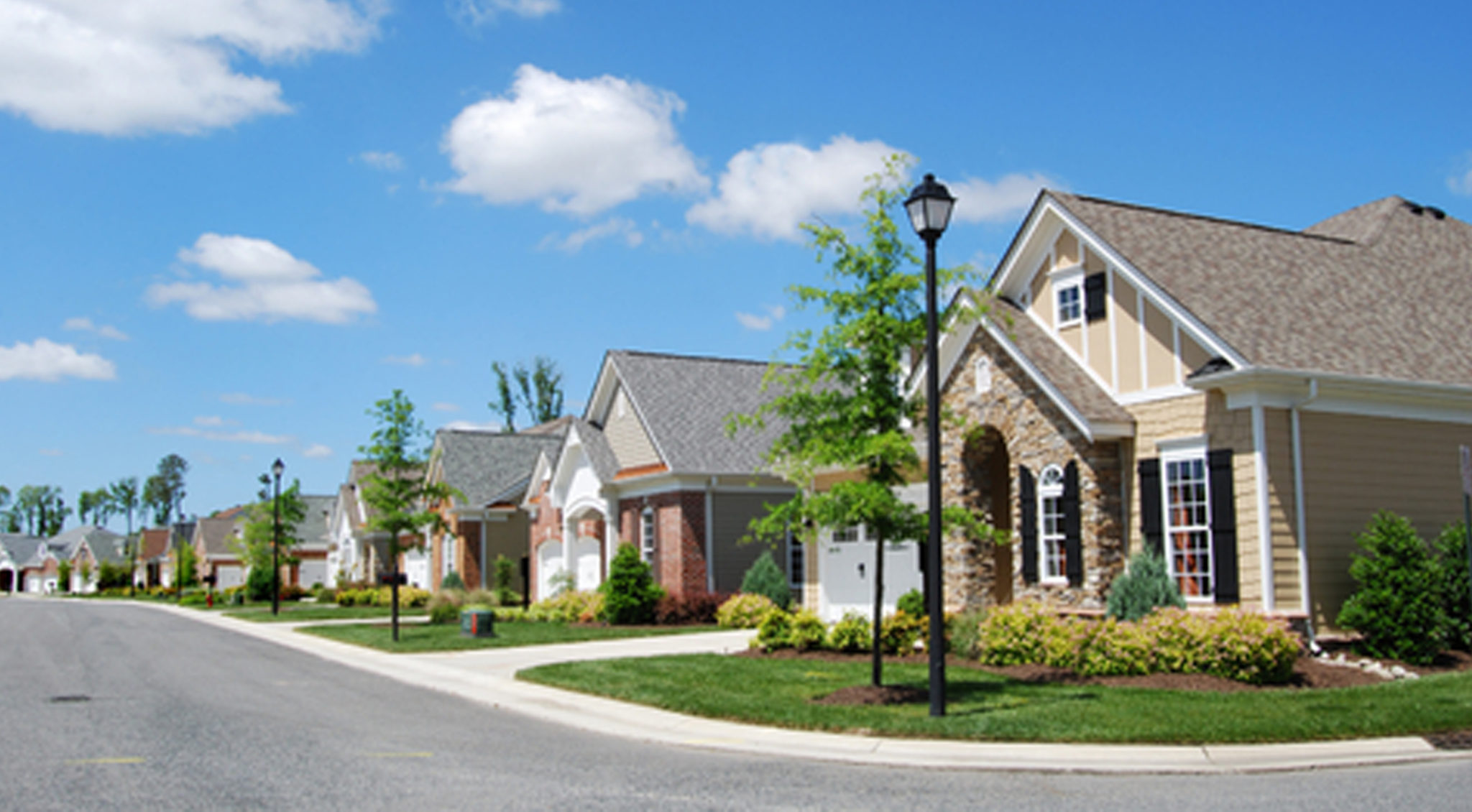


Home Energy Rating Variability Study: A Comparison in New Single-Family Homes
March 2019
The addition of the Energy Rating Index (ERI) in the International Energy Conservation Code (IECC) marked the first time that an energy rating had been incorporated directly into a national model code. This study, commissioned by the U.S. Department of Energy, examines how home energy ratings can function as an energy code compliance mechanism by considering the range in variability that might be expected under the new ERI compliance pathway.
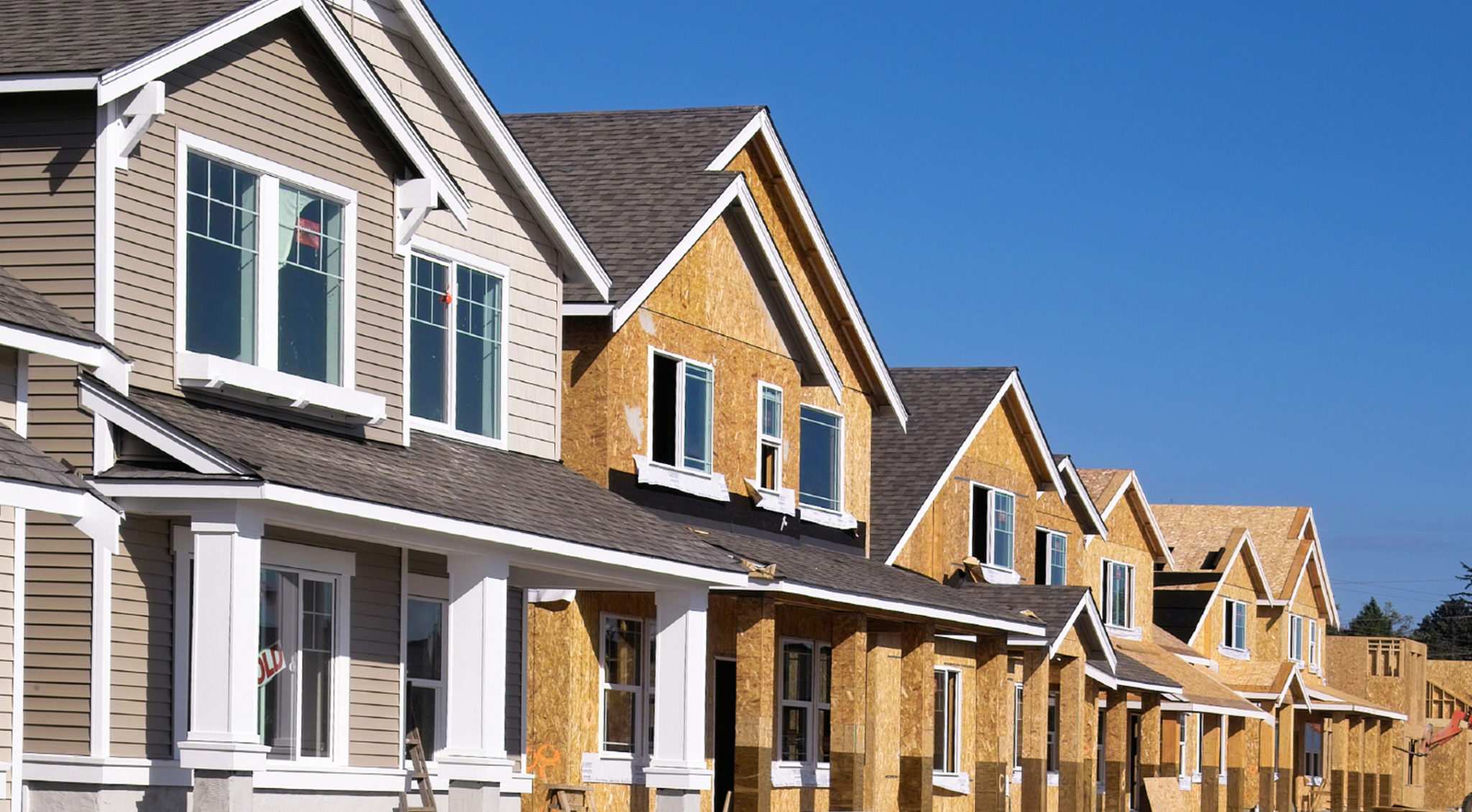


Construction, Codes and Commerce: Residential Construction Data Review
January 2019
This report examines more than a decade of single-family building permit data (2005-2017) to shed light on the relationship between the adoption of updated residential building energy codes and construction activity in the Southeast. There are persistent misconceptions that updating building energy codes depresses construction activity, but our analysis shows that states throughout the region that have adopted new residential energy codes have not had any reduction in single-family building activity.
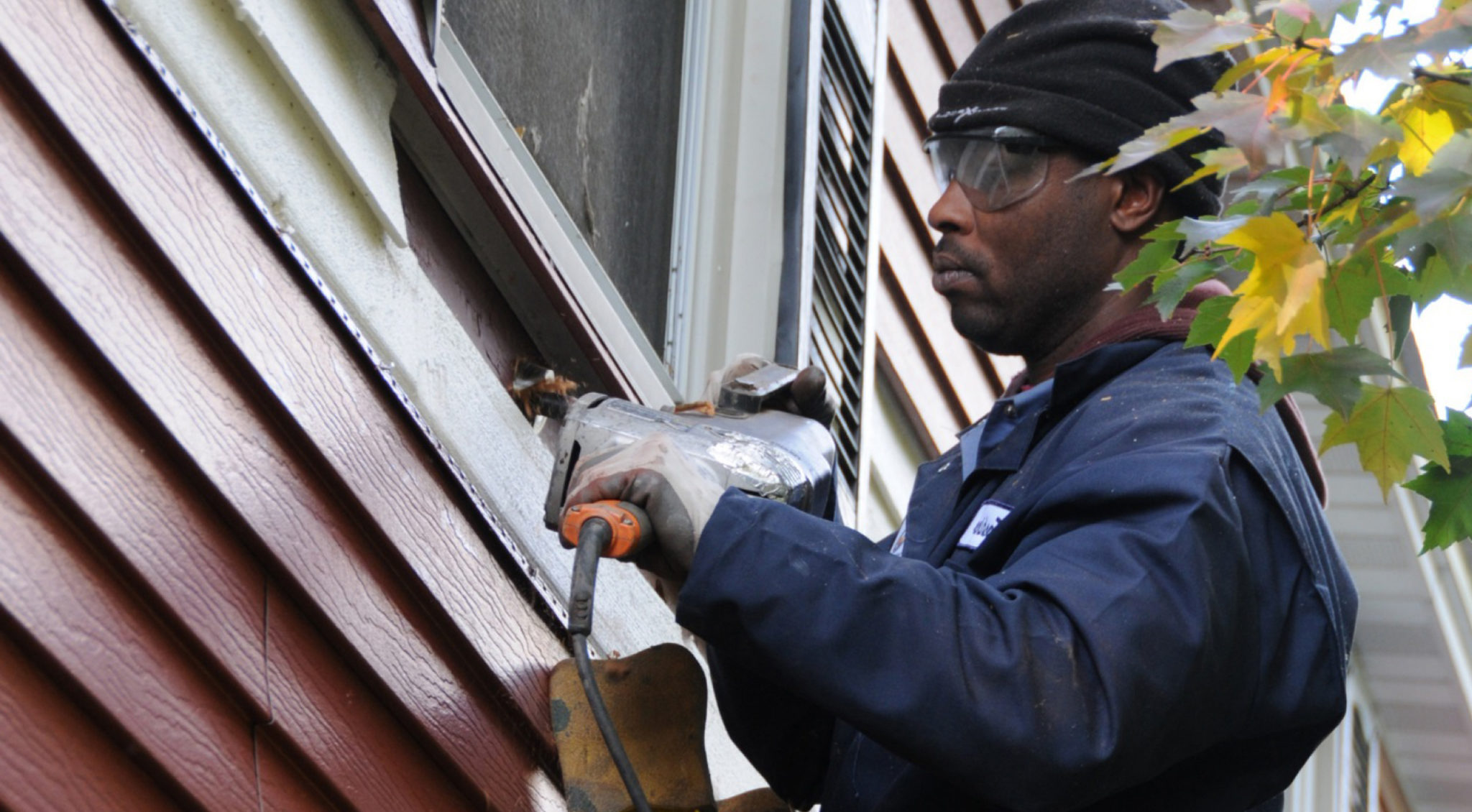


Integrating Efficiency into Disaster Recovery
August 2018
Following any disaster event that impacts the built environment, such as the 2017 hurricanes that damaged or destroyed many buildings in the Southeast, there is an opportunity to integrate energy efficiency into rebuilt structures. Currently, a variety of barriers exist to better integrating energy efficiency in disaster recovery, including informational, regulatory/legal, timing/logistical and others. This paper will report on the findings of efforts to determine how we can increase the realization of energy efficiency improvements to both residential and commercial buildings by intervening at key points in the process.
Georgia Residential Energy Code Field Study: Baseline Report
July 2017
Arkansas Residential Energy Code Field Study: Baseline Report
June 2017



Multifamily Energy Efficiency Retrofits: Barriers and Opportunities for Deep Energy Savings
December 2016
There are often major barriers to implementing energy efficiency in the multifamily sector, and this report outlines strategies that can be used to achieve deep energy savings in the multifamily housing sector through energy efficiency upgrades. The case studies and strategies highlighted here can serve as a model in areas across the country where utility program administrators and policymakers seek to reduce energy costs, create comfortable and healthy homes, meet regulatory requirements, or reduce the environmental impacts of energy consumption.
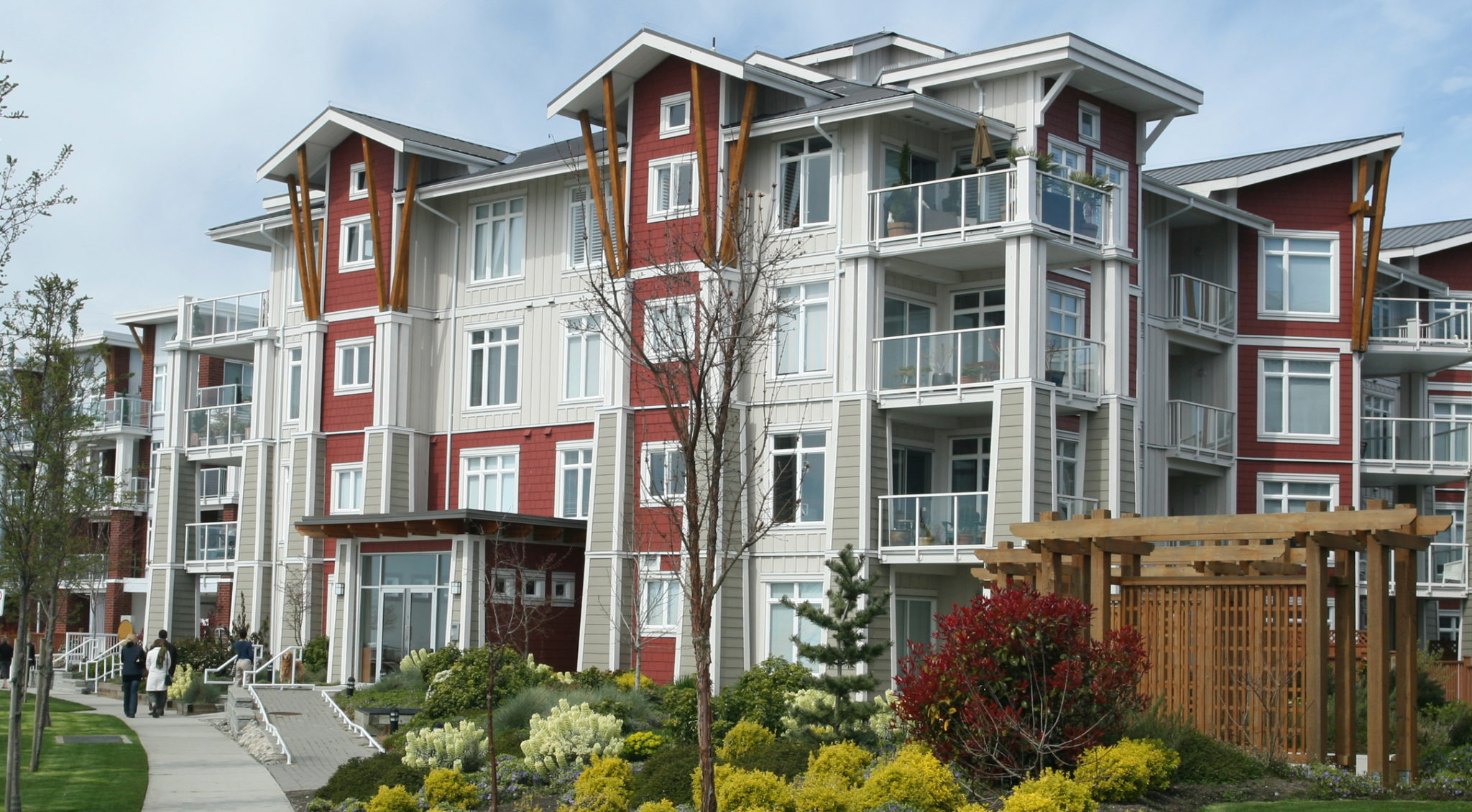


Southeast Multifamily Market Assessment
June 2016
This report surveys the current state of the multifamily housing market in the Southeast as well as the programs and resources available for addressing building efficiency in order to effectively leverage energy efficiency opportunities in the multifamily sector. This survey of the region’s multifamily sector highlights the current stock of multifamily units, regional and state multifamily construction trends, utility multifamily energy efficiency programs, and state and local policies and programs focused on the multifamily sector.
Tennessee Residential Energy Code Field Study: Baseline Report
April 2021
Energy Insecurity Fundamentals for the Southeast
February 2021
The Southeast has the lowest electric rates in the contiguous United States, yet millions of Southerners struggle to make their monthly electric and gas payments. These households live in a state of energy insecurity. Rooted in historical racial and economic inequities, addressing the region’s energy insecurity crisis requires accurately identifying those most vulnerable to utility cost burdens and applying common metrics to support effective policies and programs.
State of the Panhandle This report provides an assessment of building code compliance in the Florida Panhandle and the continued work of the Florida Circuit Rider program, which began in 2014. It further examines the future of energy codes in the panhandle region of the state, particularly in the wake of rebuilding after Hurricane Michael. Adapting to the 2018 North Carolina Energy Conservation Code The Home Energy Rating System (HERS), administered by the Residential Energy Services Network (RESNET), is one of the most popular methods for measuring the energy performance of new and existing homes. This report analyzes data shared by RESNET on the energy performance of HERS-rated homes in North Carolina to gauge how prepared the state’s construction industry is to comply with the updated standards in the 2018 North Carolina Energy Conservation Code (NCECC). This data also shows which key energy efficiency features builders will likely use to meet the new performance pathway in the state’s code. Virginia Residential Energy Code Field Study: Baseline Report Construction, Codes and Commerce: Commercial Construction Data Review This report examines ten years of commercial building permit data (2007-2017) to shed light on the relationship between the adoption of updated commercial building energy codes and construction activity in the Southeast. There are persistent misconceptions that updating building energy codes depresses construction activity, but our analysis shows that a majority of states throughout the region that have adopted new commercial energy codes have seen an increase in commercial construction activity. Florida Energy Codes Circuit Rider SEEA’s Florida Energy Code Circuit Rider program began in 2014 and continues to pursue meaningful work in the energy code space in Florida. This is the second report in this Circuit Rider series and details the learnings, challenges, and successes had in the last five years for the Circuit Rider Program and what the next steps are for growth in Florida’s energy code compliance landscape. Home Energy Rating Variability Study: A Comparison in New Single-Family Homes The addition of the Energy Rating Index (ERI) in the International Energy Conservation Code (IECC) marked the first time that an energy rating had been incorporated directly into a national model code. This study, commissioned by the U.S. Department of Energy, examines how home energy ratings can function as an energy code compliance mechanism by considering the range in variability that might be expected under the new ERI compliance pathway. Construction, Codes and Commerce: Residential Construction Data Review This report examines more than a decade of single-family building permit data (2005-2017) to shed light on the relationship between the adoption of updated residential building energy codes and construction activity in the Southeast. There are persistent misconceptions that updating building energy codes depresses construction activity, but our analysis shows that states throughout the region that have adopted new residential energy codes have not had any reduction in single-family building activity. Integrating Efficiency into Disaster Recovery Following any disaster event that impacts the built environment, such as the 2017 hurricanes that damaged or destroyed many buildings in the Southeast, there is an opportunity to integrate energy efficiency into rebuilt structures. Currently, a variety of barriers exist to better integrating energy efficiency in disaster recovery, including informational, regulatory/legal, timing/logistical and others. This paper will report on the findings of efforts to determine how we can increase the realization of energy efficiency improvements to both residential and commercial buildings by intervening at key points in the process. Georgia Residential Energy Code Field Study: Baseline Report Arkansas Residential Energy Code Field Study: Baseline Report Multifamily Energy Efficiency Retrofits: Barriers and Opportunities for Deep Energy Savings There are often major barriers to implementing energy efficiency in the multifamily sector, and this report outlines strategies that can be used to achieve deep energy savings in the multifamily housing sector through energy efficiency upgrades. The case studies and strategies highlighted here can serve as a model in areas across the country where utility program administrators and policymakers seek to reduce energy costs, create comfortable and healthy homes, meet regulatory requirements, or reduce the environmental impacts of energy consumption. Southeast Multifamily Market Assessment This report surveys the current state of the multifamily housing market in the Southeast as well as the programs and resources available for addressing building efficiency in order to effectively leverage energy efficiency opportunities in the multifamily sector. This survey of the region’s multifamily sector highlights the current stock of multifamily units, regional and state multifamily construction trends, utility multifamily energy efficiency programs, and state and local policies and programs focused on the multifamily sector.


A Snapshot of Energy Codes in the Florida Panhandle
January 2020



Lessons from the Home Energy Rating System (HERS) Index
January 2020
October 2019



July 2019



April 2019



March 2019



January 2019



August 2018
July 2017
June 2017



December 2016



June 2016


